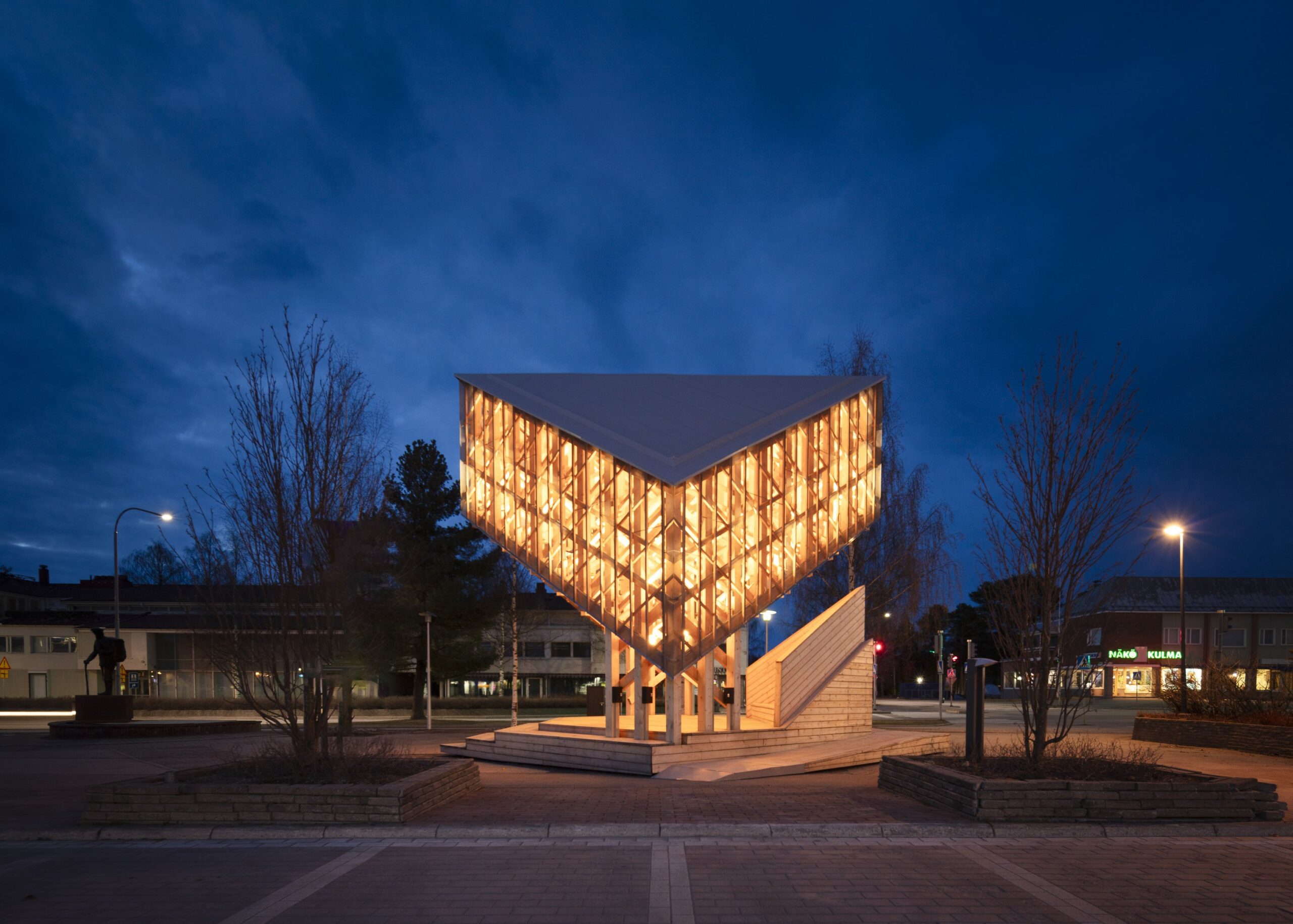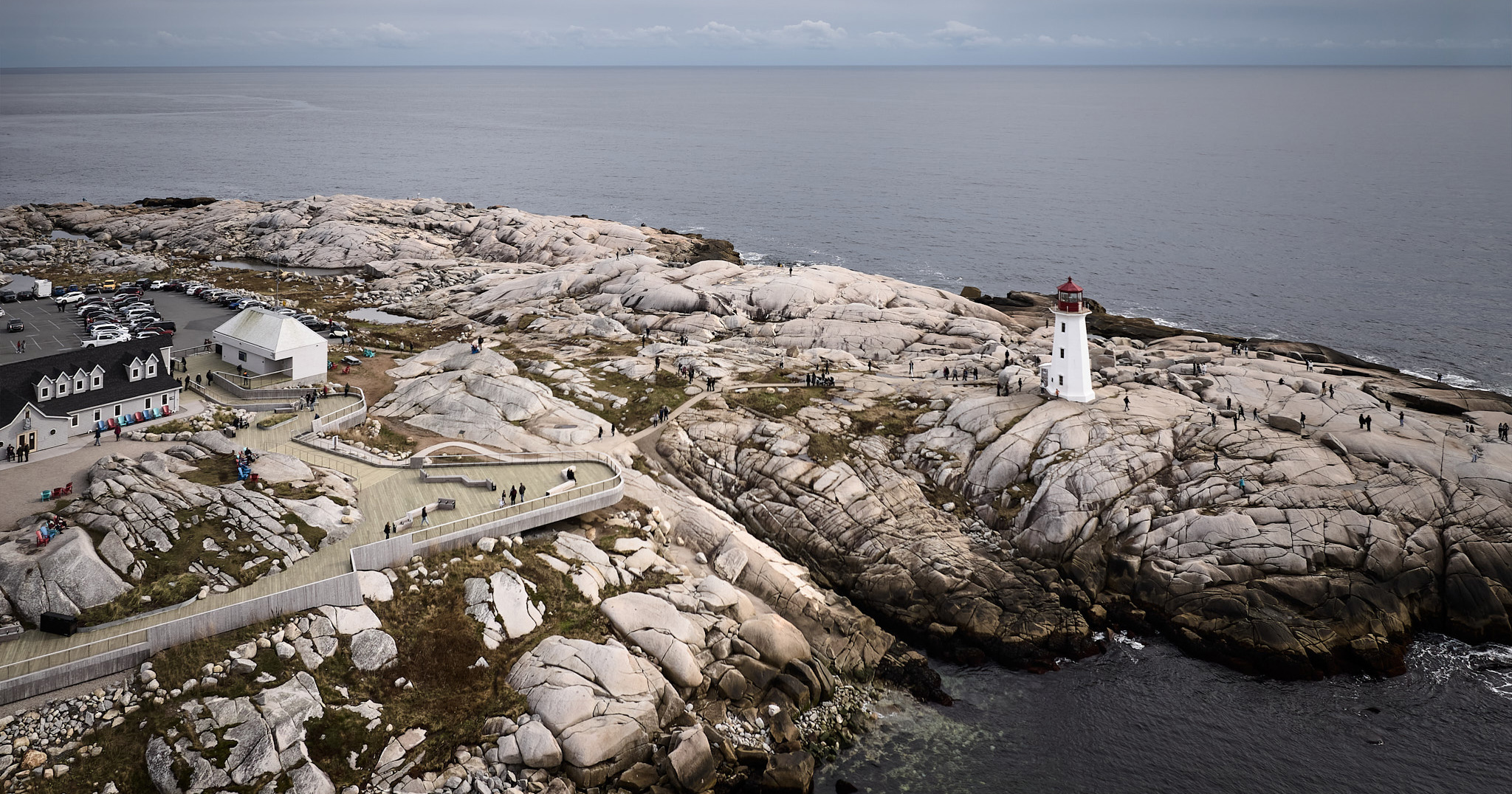Encourage density even if you "don't give a damn about the planet" says Norman Foster


Walkable cities should be prioritised even by those who don't care about the environment, British architect Norman Foster has told the World Design Congress.
Delivering a keynote speech earlier this week at the Design Council-run event, the Foster + Partners founder told delegates increasing urbanisation and global population growth will mean the equivalent to 11 new Londons being created every year for the next 25 years.
"So if those are new cities or the extensions of present cities, what kind of cities should we encourage or discourage?" he said.
"I tell you, we encourage the walkable, compact, high-density city. We discourage sprawl and roads into the countryside, eating nature and biodiversity."
Trafalgar Square "was essentially reserved for pigeons"
As one reason, Foster offered a claim that compact cities have "half the carbon footprint" of what he termed "suburban car-borne" cities.
"But if we say, well we don't give a damn about the planet – where do people want to go? Where does the market dictate? If you look at all the surveys of the top 10 cities where people want to visit as tourists or live and bring up a family, absolutely consistently, it's always the walkable city," he continued.
"If we take another view and say, well, we don't care too much about market forces, we don't really worry about the planet, we're really concerned about our health – the healthiest city is the walkable city."
Foster referred to a recent interview he gave to The Times in which, asked to name the most important project Foster + Partners has completed in London, he did not select from its extensive portfolio of landmark buildings.
Instead, he picked the Millennium Bridge and the masterplan for Trafalgar Square, completed in 2003.
The Trafalgar Square project saw the road running between the square and The National Gallery pedestrianised, in addition to other measures to improve access for people on foot.
It followed an Evening Standard campaign to improve central London's public squares, which Foster said originated with a sketch he drew of Horse Guards Parade with the cars removed.
"I was appalled by the proliferation of parked cars, totally disfiguring what seemed like a noble ceremonial space – a setting for historic buildings totally destroyed by parked cars," Foster told the congress.
"And if we think about Trafalgar Square as it was back in the 1990s – and most people have forgotten this – it was a roundabout," he said.
"The centre of the square was essentially reserved for pigeons, and one or two people who might sit around the edge feeding the pigeons."
"Now it's become really a kind of living room for London," he added.
"Will it be a top-down imposition?"
This ostensibly simple project, Foster said, involved recording vast amounts of information and a huge consultation exercise.
He drew a comparison with a more recent Norman Foster Foundation project to regenerate an informal settlement in Odisha, eastern India.
That project, which introduced modern sanitation and waste recycling systems, as well as paving and adding drainage to pedestrian routes, also involved extensive engagement with locals, he claimed.
"To sum it up really, do our decisions made on the data? Are they made on the facts? Do they involve those whose lives will be affected and who have a view on the quality, on what they need in their community?" Foster asked near the end of his speech.
"Or will those decisions be based on fashion? Will they be based on prejudice? Will it be a top-down imposition?"
Foster is one of the world's best known architects. Dezeen recently ran an in-depth look at his career to mark his 90th birthday.
The World Design Congress took place at the Barbican Centre in London on 9 and 10 September 2025. See Dezeen Events Guide for more architecture and design events around the world.
The top photo is by Wayne Lo.
The post Encourage density even if you "don't give a damn about the planet" says Norman Foster appeared first on Dezeen.



















































